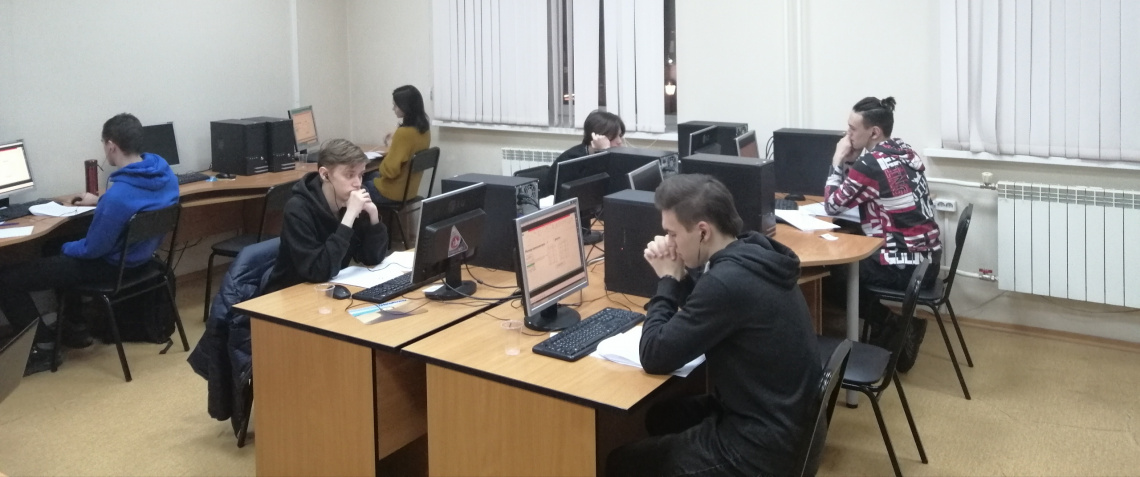
IEM students invented and conducted their own economic experiment
A laboratory economic experiment is similar to a business game, but the fundamental difference is the goal - testing scientific hypotheses about people's economic behavior in a simulated (simplified) situation. The scientific areas that the experiment is based on are game theory and behavioral economics.
The series of gaming sessions took place at TSU from February 21 to March 10. First-year students of the Law Institute and the Institute of Applied Mathematics and Computer Science and students of the Institute of Economics and Management took part in them. The design of the game was developed by third-year students of the IEM (Business Analytics), with their supervisor, Professor Ryzhkova.
- The work on the design of the experiment was started back in November, when three third-year students came to me to consult with their idea, far from the possibility of implementation but potentially being reasonable, - says Marina Ryzhkova. - In the course of hard work, they brought the idea to practical application. This is very pleasing because only a small number of ideas reach the stage of conducting experimental sessions! But we succeeded.
Despite the complexity and length of the experiment, many students showed an interest in games and agreed to participate for free.
- I was very worried, I wanted to score more points than other players. I liked the game: it is useful to constantly analyze the situation in the market, to use logical thinking. It's great that IEM holds such events, they open up new knowledge for students and give experience. I want to participate in something else similar, or I can even conduct a similar study myself, - says Olesya Kopyova, a first-year student at the IEM.
The experiment involved 60 people. But the students’ work is not finished. After collecting the basic data, they have a lot of work to process and analyze the results.
- At first, it was very difficult. It seemed that the problems with the implementation of our ideas would never end, - says Mikhail Lomonosov, one of the creators of the experiment. – But since the third session, everything became much calmer, they became as if on-stream. We were able to organize.
The researchers intend to present the results of the experiment at the Annual Conference SABE 2020 on Behavioral Economics in Moscow.
